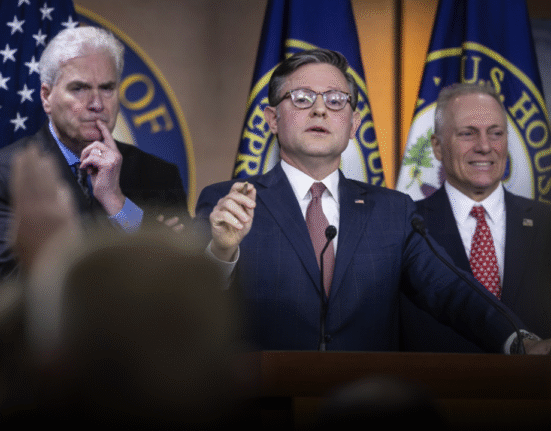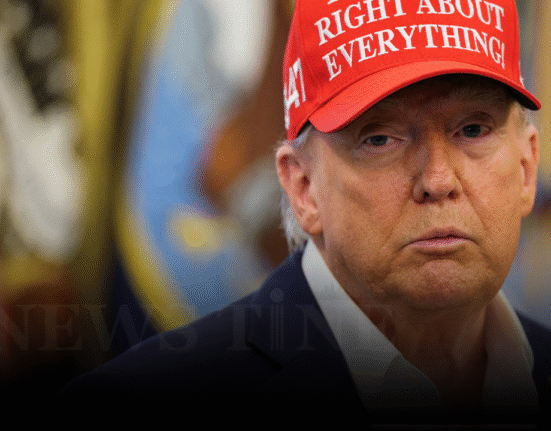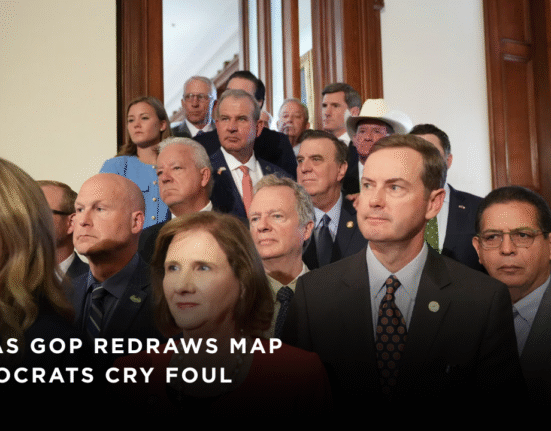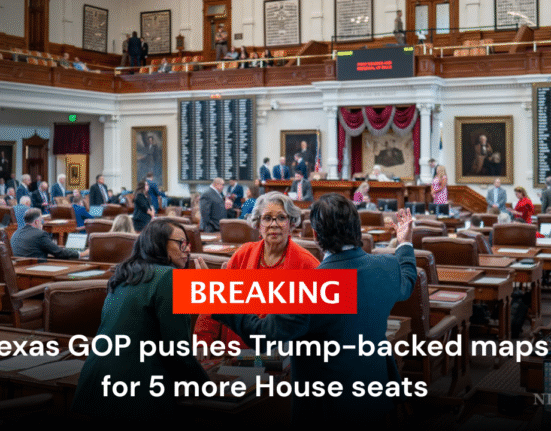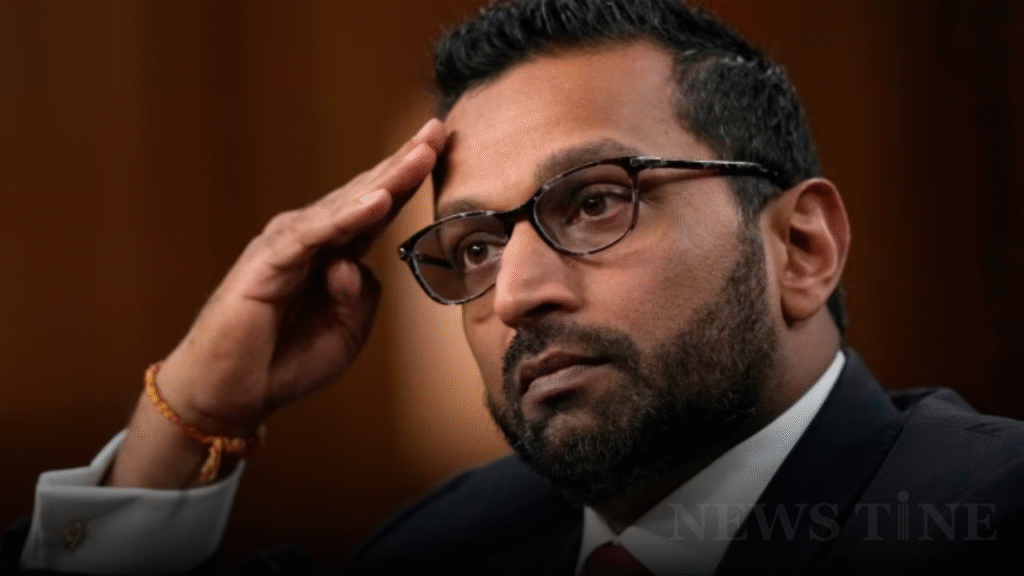
In the wake of Charlie Kirk’s assassination, a tragic event that shocked political circles and the nation, attention has now turned toward the FBI’s handling of the case. At the center of the debate is Kash Patel, the FBI Director whose decisions and public statements during the investigation are drawing scrutiny from current and former officials. For many, the episode has reopened difficult questions about transparency, professionalism, and leadership within one of America’s most critical institutions.
Patel’s Actions Under the Spotlight
Dinner at Rao’s Raises Eyebrows
Only hours after the killing, Patel was reportedly spotted dining at Rao’s, an exclusive New York restaurant where reservations are nearly impossible to secure. The timing alone drew criticism, but what compounded the controversy were his social media posts about the investigation.
- At 6:21 p.m., Patel announced that a suspect was in custody.
- By 7:59 p.m., he posted again, stating that the suspect had been released after interrogation.
Former FBI officials described the posts as “premature” and “undermining public confidence,” stressing that such updates should only be shared with full certainty.
Tense Conference Calls and Leadership Style
The day after Kirk’s killing, Patel and his deputy, Dan Bongino, reportedly held a profanity-laced call with agents nationwide. Sources described the call as reflecting pressure from the Trump administration to produce swift results. Critics argue this approach created more chaos than clarity, with one former counterterrorism official bluntly stating Patel showed “zero leadership experience and capabilities.”
Conflicting Narratives and Public Messaging
Dispute Over Evidence Release
After the arrest of 22-year-old Tyler Robinson, Patel claimed the FBI had pushed against other agencies’ recommendations to release suspect photos to the public. However, Utah’s Department of Public Safety publicly contradicted this account, saying it had fully supported releasing the images after facial recognition efforts failed.
This contradiction raised concerns about whether Patel was overstating his role and diminishing cooperation with local law enforcement. As one former official put it, “Investigations aren’t a publicity contest.”
Criticism of Local Authorities
Patel’s public remarks included criticism of Utah officials a move experts say was both unusual and counterproductive. Historically, the FBI has worked behind the scenes, leaving local authorities as the face of joint investigations. A former law enforcement leader noted, “It never benefits the FBI to criticize the locals.”
Institutional Concerns and Internal Fallout
The controversy surrounding Patel is not limited to this one case. His tenure as FBI Director has already seen high-profile firings and demotions of senior officials, including those who worked on Jan. 6 investigations. Critics argue this pattern reflects a deeper issue: the politicization of the bureau.
Christopher O’Leary, a former FBI counterterrorism leader, warned that Patel’s approach risks long-term damage:
“The corrosive nature of their policies is starting to have an impact. It is leading to generational destruction to an institution that is essential to the protection of our nation.”
Why This Matters
The FBI’s role in handling national security crises requires both precision and public trust. Patel’s critics argue that his actions during the Kirk investigation weakened both. While the White House has stood firmly behind him, saying Patel is “working night and day,” others fear that the director’s style prioritizes optics over steady leadership.
In moments of national tragedy, institutions like the FBI must not only pursue justice but also reassure the public. The ongoing debate around Patel underscores how fragile that trust can be. The controversy over Kash Patel’s handling of the Charlie Kirk investigation may fade as the case moves toward trial, but the questions it raises about leadership, transparency, and accountability at the FBI will linger much longer. How an agency responds in a moment of crisis often defines its credibility for years to come.


